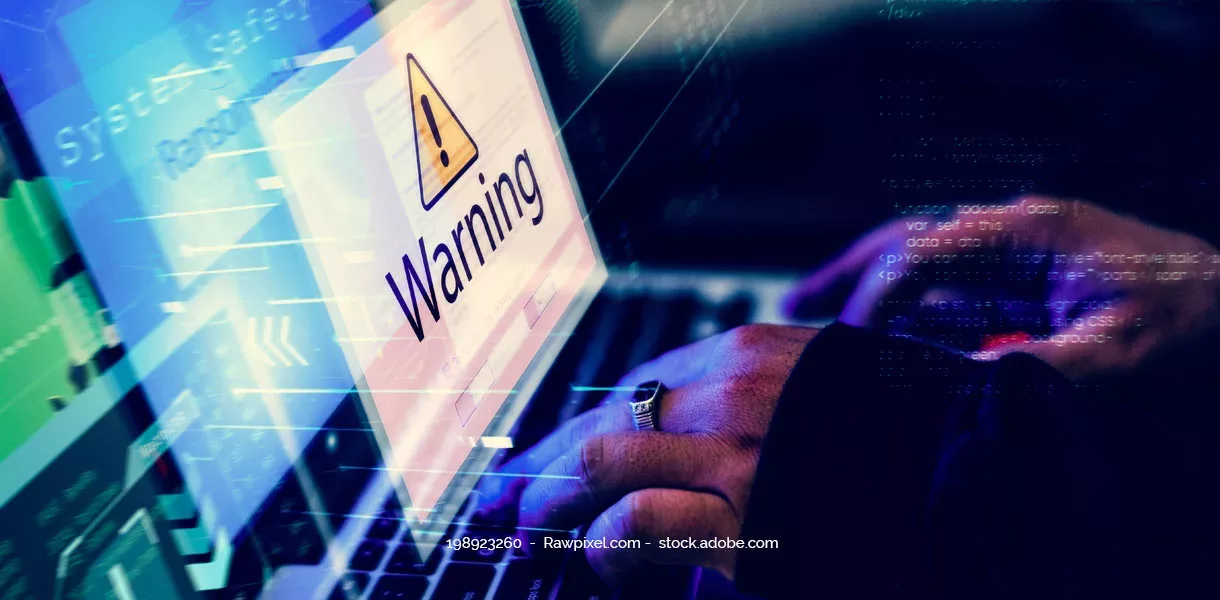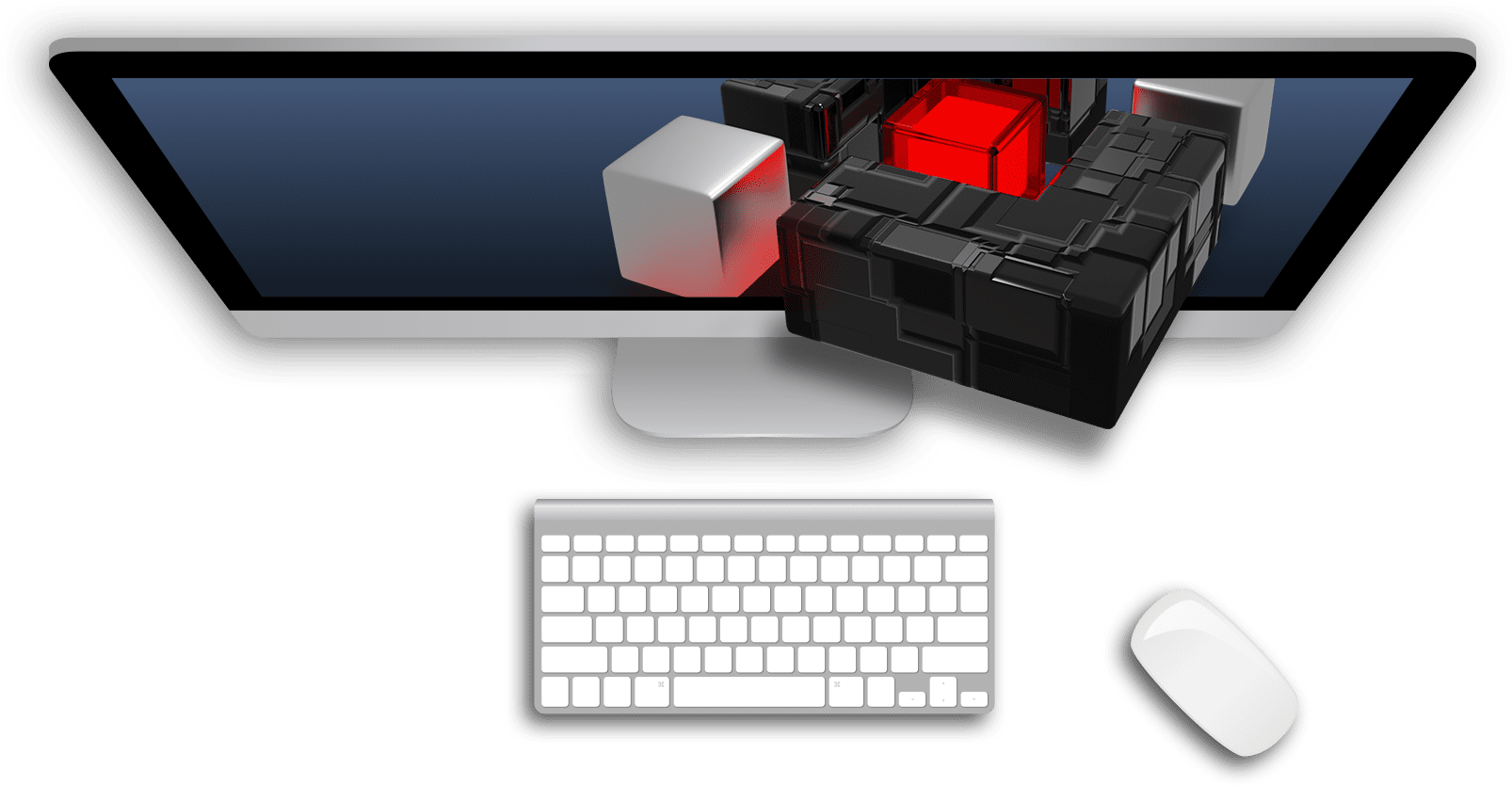Social media applications have long since become a marketing tool for companies that they use to contact their customers and present their products. However, their use requires an increased awareness of security. Especially since white-collar criminals are now also trying to obtain valuable information via social networks.
What’s more, many companies actively encourage their employees to use social media at work hoping that they will become “brand ambassadors” and talk about the company’s products and services. Employers also hope that their employees’ accounts will help add a “human” face to the company.
But as good as these intentions are, you should think carefully about whether you really want to use your social media accounts at work. Because there are a couple of potential risks you should be aware of.
That’s why we have prepared tips for you on how to use social networks safely.
Social media risks for companies
- Malware attacks from social networks are an increasing threat. These often occur in the course of apparently harmless user behavior and can even lead to identity theft, where the perpetrators make deals or commit crimes under your name, by hacking your user account.
- Disclosure of private information. On social networks, users can provide email addresses, phone numbers, etc.. This data can be misused by companies to constantly spam users with targeted advertising. Excerpts of the profiles can sometimes even be found via search engines and are thus accessible to all Internet users worldwide.
- Phishing scams create information security risks on social media. In a phishing scam, the goal is to get you or your employees to hand over passwords, bank details, or other private information.
- Lack of knowledge combined with technical deficiencies often causes serious security risks, such as phishing attacks. People unknowingly click on phishing links, act with fake accounts, or accidentally fill out a spam form with confidential information.
- Another risk is so-called “Social Engineering“. By evaluating the data published on profiles, criminals fake familiarity and contact their victims with the aim of obtaining confidential information, such as company data.
- One of the most remarkable dangers is the loss of control. Messages on the Internet are disseminated at a rapid pace. Actions and reactions of users to a message are not controllable. The company does not have control over the user and the spread of a message is difficult to stop. In the worst case, negative reactions can result in enormous damage to a company’s image and even financial losses.
Safety tips for social media
- Choose strong passwords. Use a different password for each social network and change it regularly. Set up two-factor authentication for yourself. This means that you need more than one password to access an account.
- Strictly separate private and work accounts.
- Use professional email and web security tools that scan attachments, websites, and files for malware and block potentially dangerous advertisements and social media sites without relevance.
- Sensitize your employees! Train your employees on the topic of “security in social media”. More and more companies are allowing their employees to use personal devices to access company data. Therefore, it is important that your employees know to be careful, both on their own accounts and on the company pages.
- Create social media guidelines. They are part of the external and internal communication culture and etiquette and provide guidelines for correct behavior showing what the employer expects from its employees in public communication. Assign an individual in charge who is familiar with the use of social media and current privacy regulations. Limit access to your social media accounts to this person.
- Use all the advantages of professional monitoring. With the help of monitoring, you can track what is being said about you. Furthermore, it is possible to react quickly and appropriately to negative feedback. In addition, trends and moods of the community are recognized and new target groups can be identified.
- Protect your privacy! In many social networks, you can define which information on your profile page is visible to whom in the personal privacy settings. This is how you exclude commercial data collectors.




